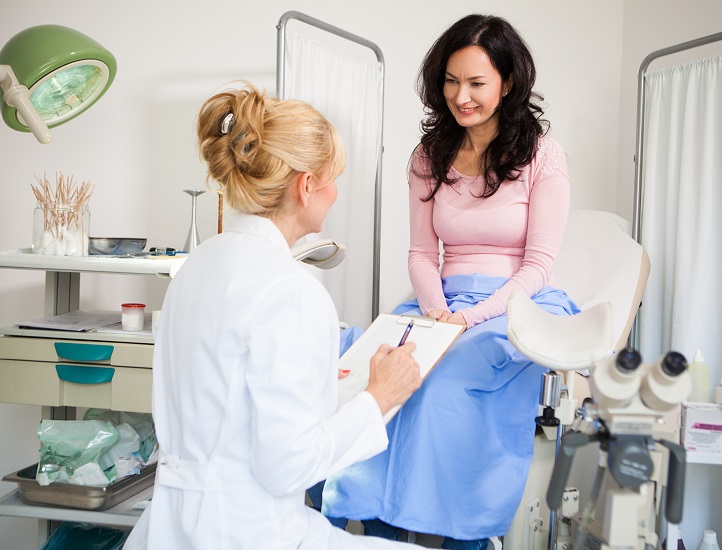Pregnancy cravings often begin in the first trimester as hormonal shifts influence taste and smell...
Read More
Discover the importance of Pap tests for detecting cervical cancer early. Learn what to expect during the procedure, how often you should get tested and what your results mean. Stay informed and proactive about your cervical health with Inspira.
A Pap (Papanicolaou) test is a routine procedure that screens for changes in the lower part of the uterus, called the cervix. It detects early signs of cervical cancer or precancerous conditions by testing for abnormalities in the cervical cells, allowing for timely intervention and treatment. Regular Pap tests are essential for maintaining your cervical health and reducing the risk of developing cervical cancer.
A Pap test is typically recommended every three years for patients ages 21 to 29. Those ages 30 to 65 should have a Pap test with HPV testing every five years.
During a Pap test, test, you will lie on an examination table while a metal instrument called a speculum gently opens the vagina, and the doctor collects cervical cells with a brush. These cells are examined for abnormalities, including infections, precancerous changes, or cervical cancer. Minor changes may need monitoring, while more severe ones require further tests.

During the procedure, you may feel some pressure or mild discomfort as your doctor gently inserts the speculum to view your cervix. Rest assured, the process is quick and should not be painful, and your doctor will be with you every step of the way to ensure you feel as comfortable as possible.
After the test, you can return to normal activities without any restrictions. Results are typically available within a few weeks. Your doctor will discuss them with you during a follow-up call or visit, ensuring you have all the information and support you need.
Yes. Pap tests are often performed during initial prenatal visits to identify potential issues early and take steps to prevent complications, ensuring both you and your baby's health.
If your results are abnormal, it doesn’t necessarily mean you have cervical cancer. Your doctor will likely recommend further testing, such as a colposcopy or a biopsy, to determine the cause of the abnormal cells.
Avoid sexual intercourse, douching and using vaginal creams or deodorants for 24 hours before your appointment. Talk to your doctor about any medications you take to ensure these don’t interfere with your test results.
Try to stay as relaxed as possible during the procedure. Take deep breaths and talk to your doctor about any concerns you have. If you experience significant discomfort, let your doctor know immediately.

Pregnancy cravings often begin in the first trimester as hormonal shifts influence taste and smell...
Read More
Dysphoric milk ejection reflex (D-MER) is a condition that causes sudden negative emotions during...
Read More
Polycystic Ovary Syndrome (PCOS) affects millions, yet many misconceptions still surround this...
Read More